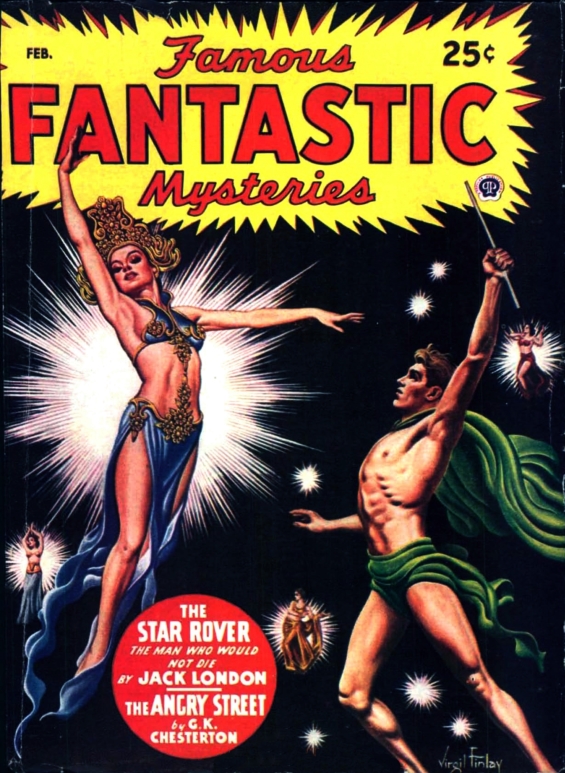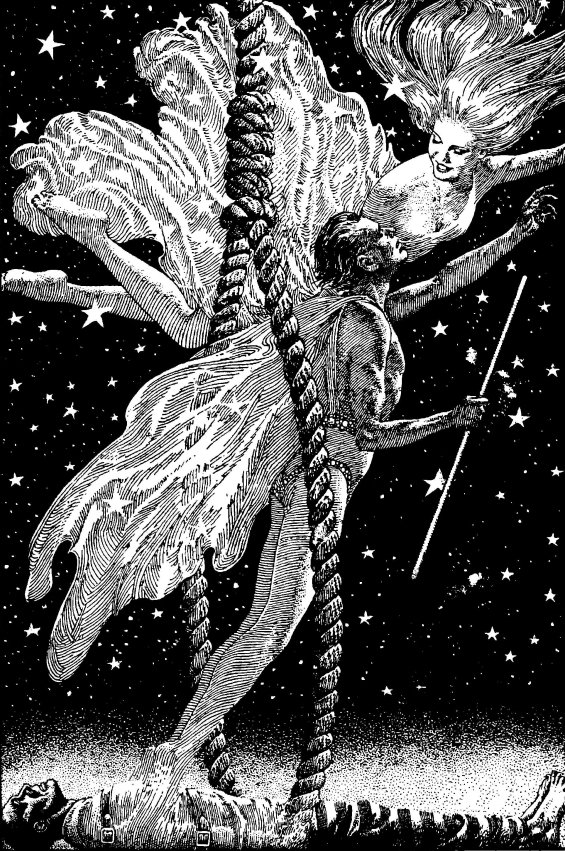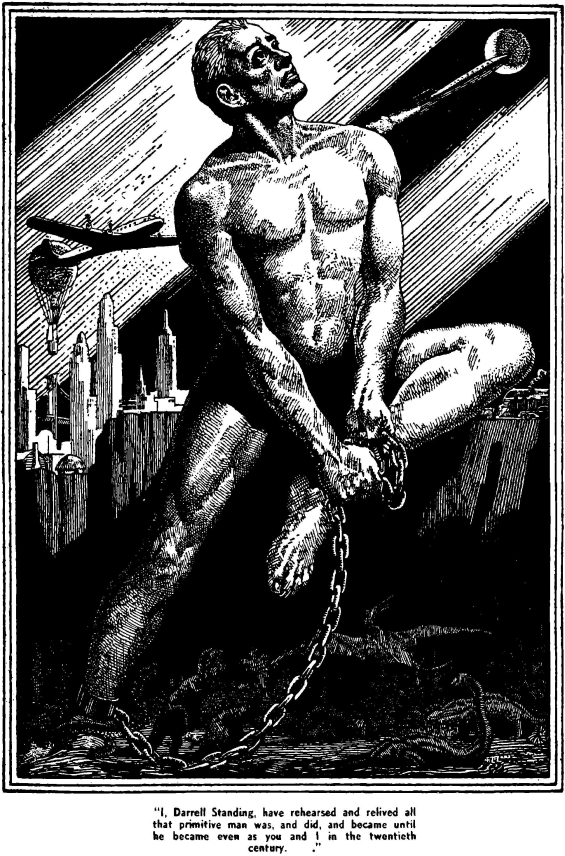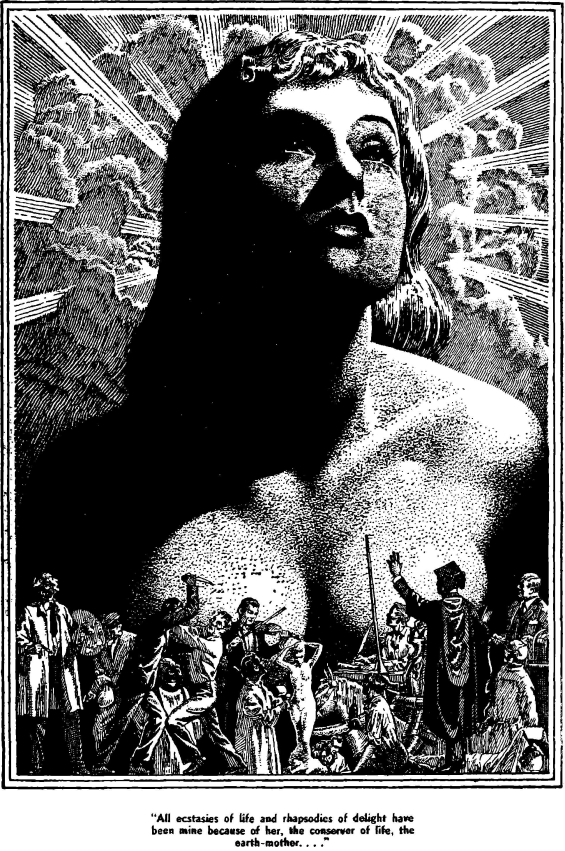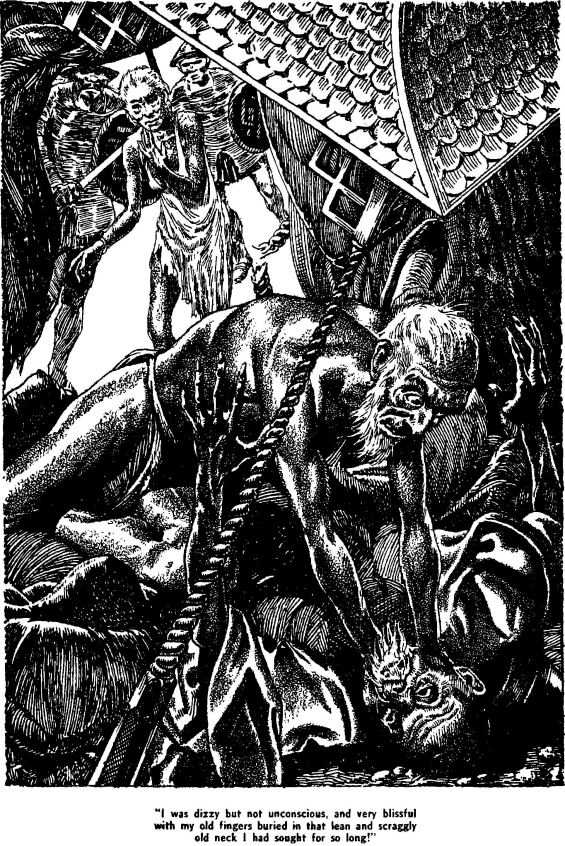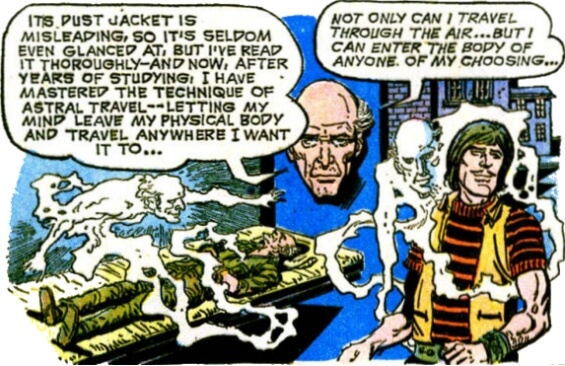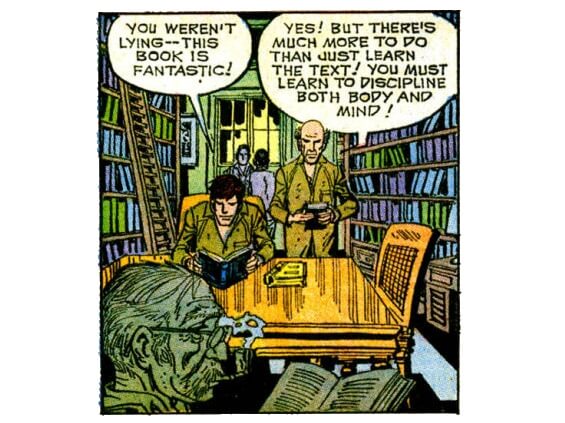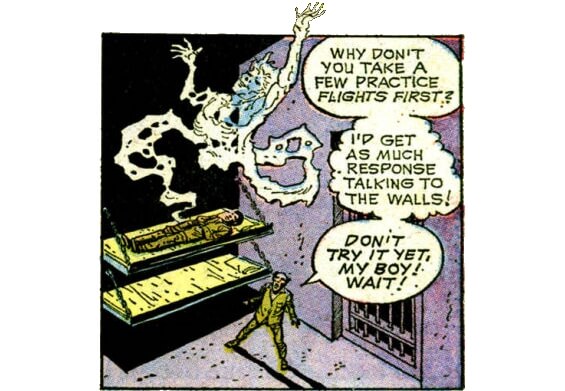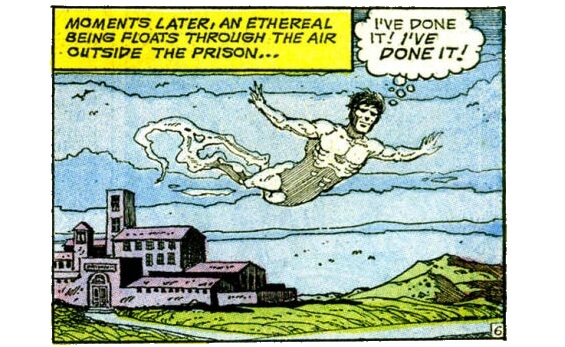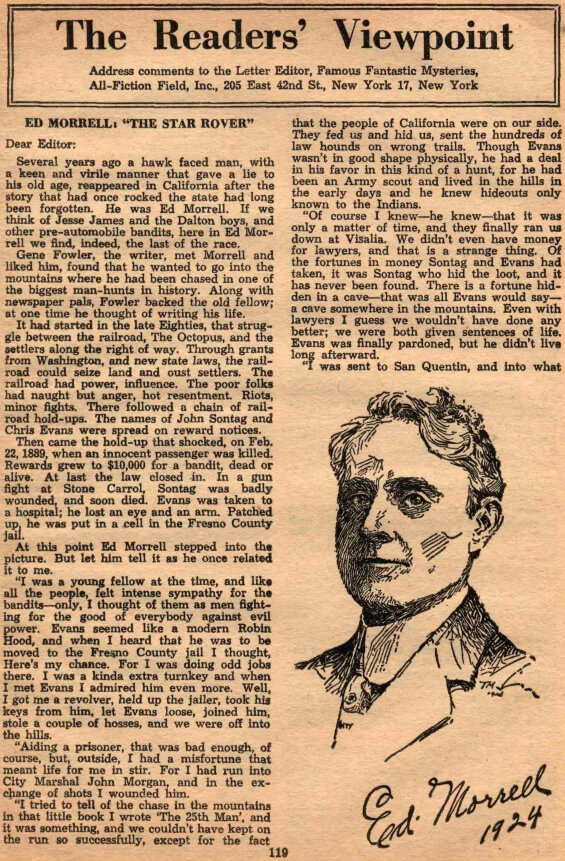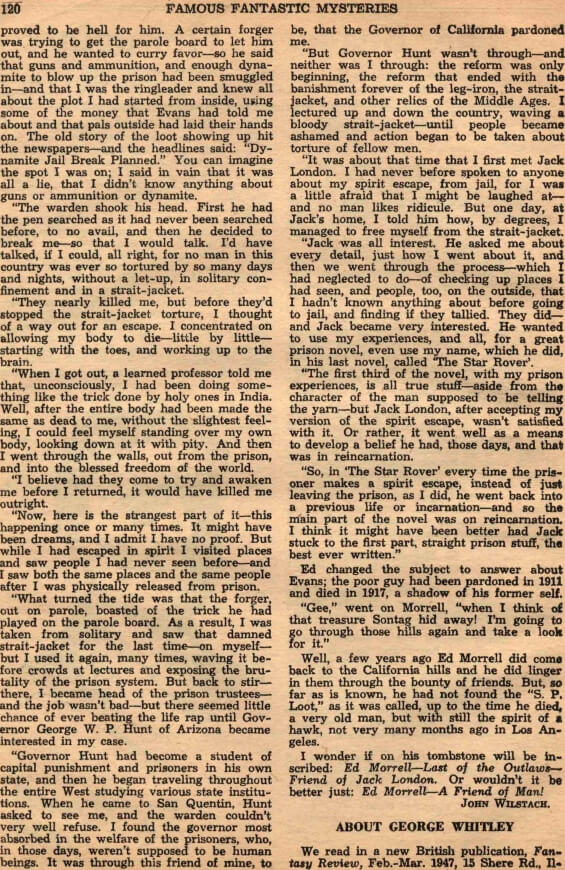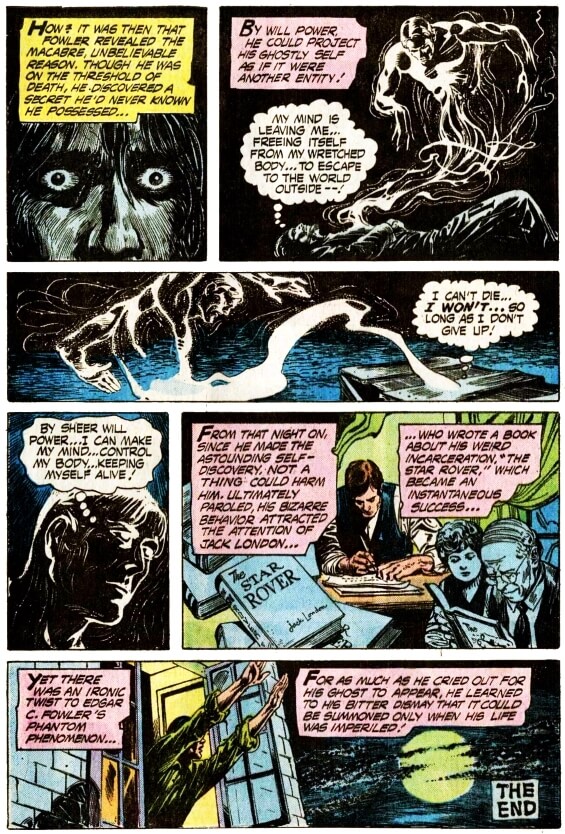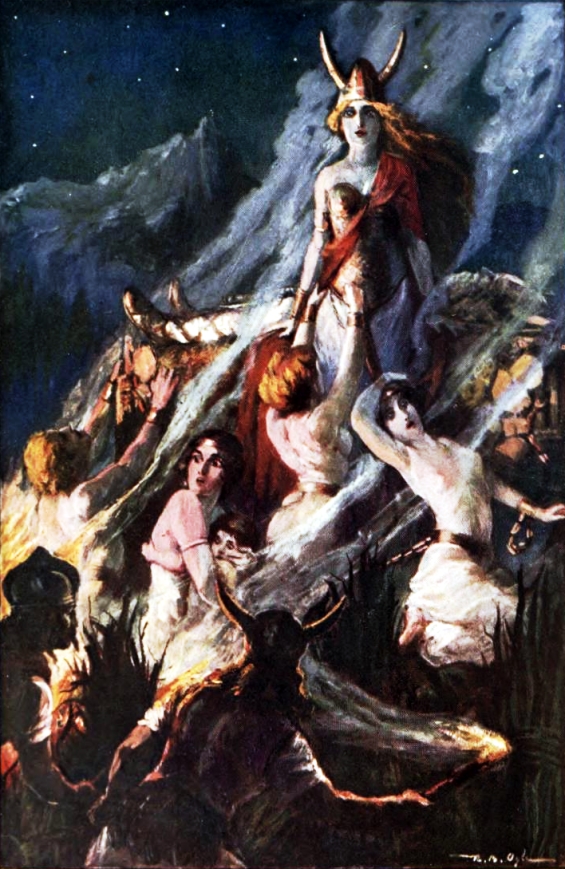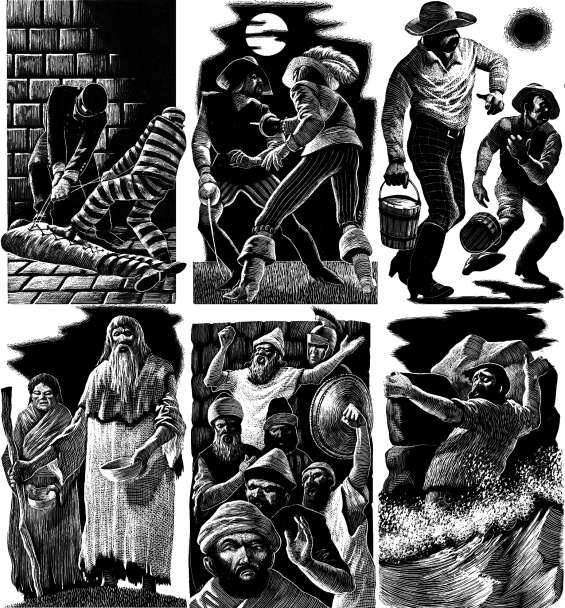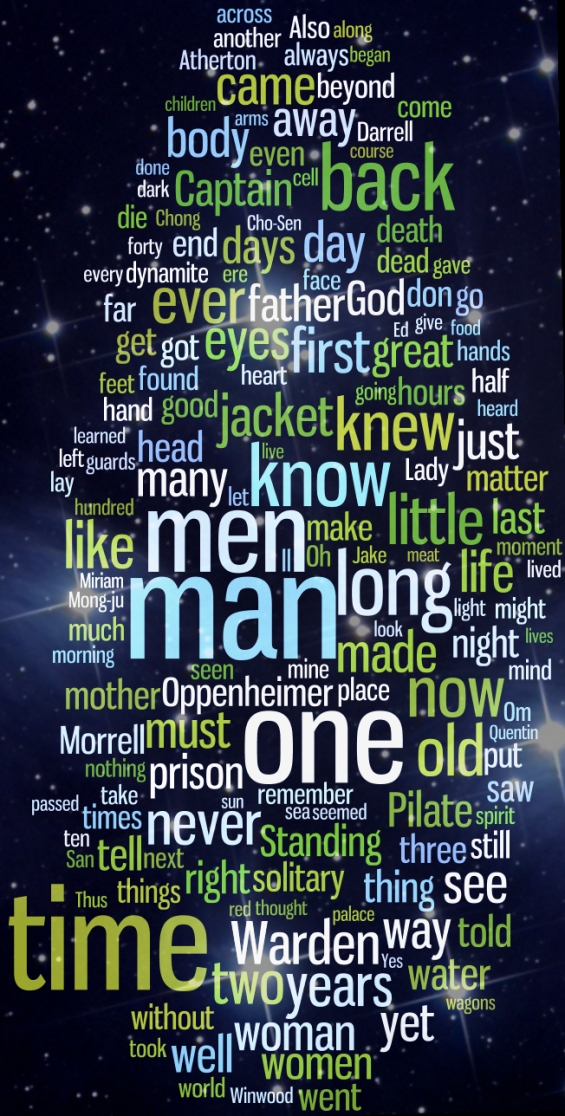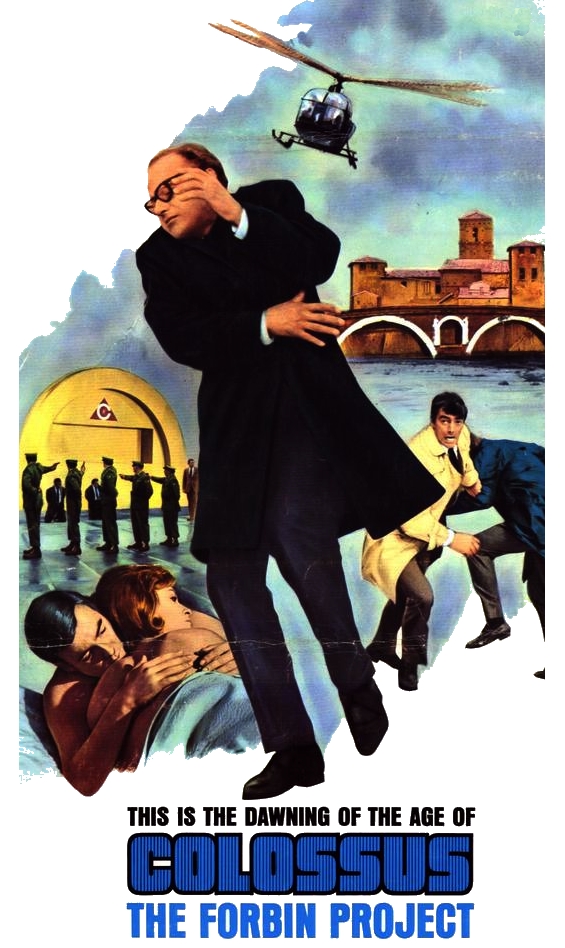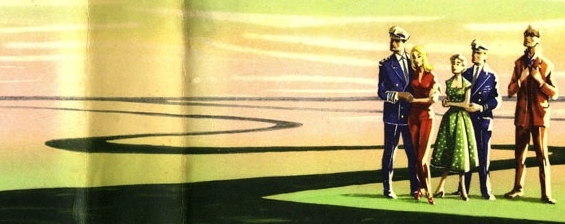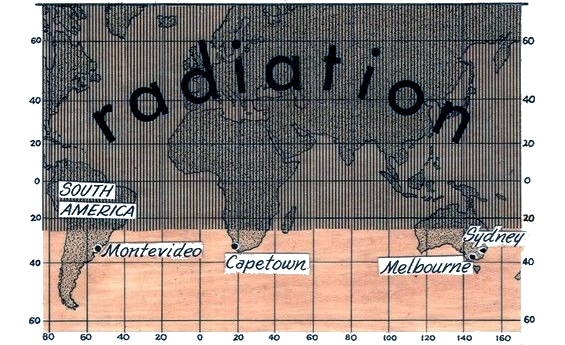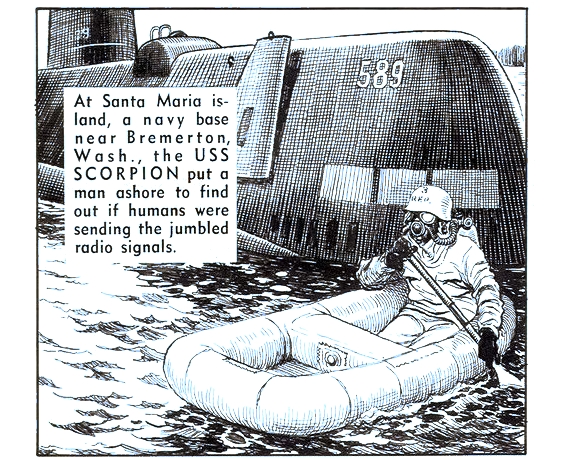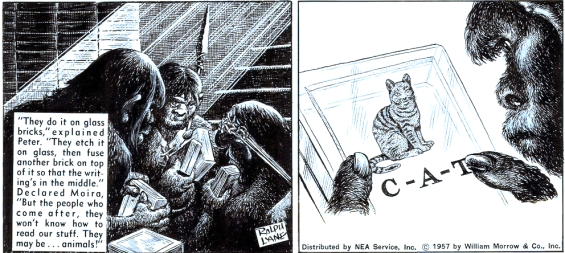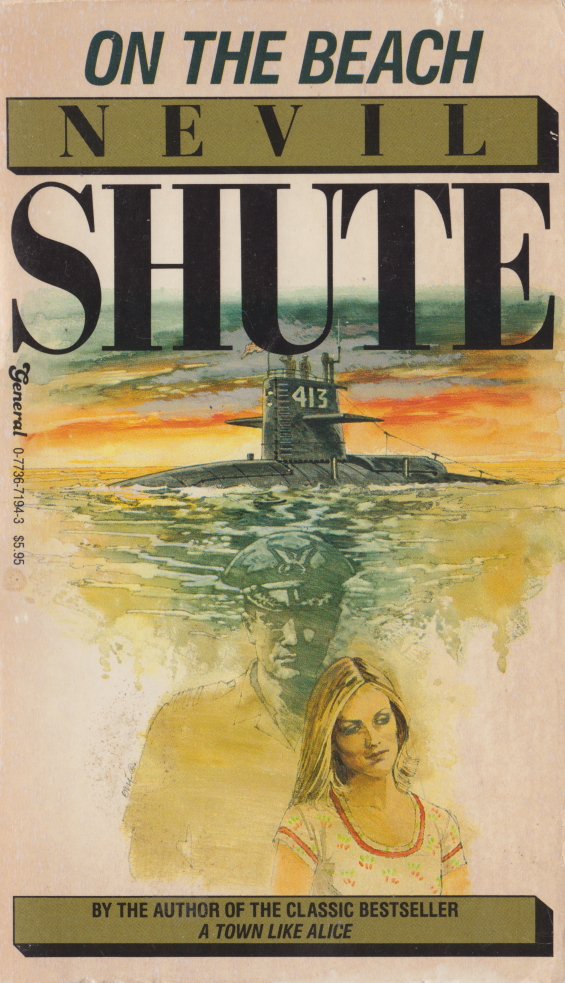
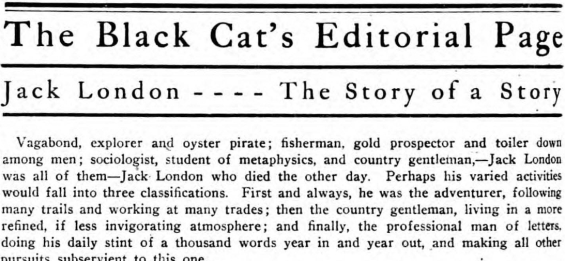
Below you’ll find the complete editorial introduction to the January 1917 issue of The Black Cat. Published very shortly after Jack London’s death, November 22, 1916, it serves as an introduction to the republication of London’s first published story, A Thousand Deaths (which appeared in the May 1899 issue of The Black Cat).
A Thousand Deaths is a SCIENCE FICTION story and it was the beginning of Jack London’s career. London would return again and again to SCIENCE FICTION, see our podcasts on Goliah, The Red One, The Star Rover (audiobook and discussion), and The Iron Heel (audiobook and discussion).
The complete text of A Thousand Deaths is here |PDF|, and we’ve done a podcast on it as well.
The Black Cat’s Editorial Page
Jack London – – – – The Story of a Story
Vagabond, explorer and oyster pirate; fisherman, gold prospector and toiler down among men; sociologist, student of metaphysics, and country gentleman,- Jack London was all of them – Jack London who died the other day. Perhaps his varied activities would fall into three classifications. First and always, he was the adventurer, following many trails and working at many trades; then the country gentleman, living in a more refined, if less invigorating atmosphere; and finally, the professional man of letters, doing his daily stint of a thousand words year in and year out, and making all other pursuits subservient to this one.
It is said of writers that they need not tramp over half the world in order to write great books. But it is quite probable that the man who does see half the world or all of it, for that matter, will sit down to write with a sub-conscious mind overflowing into note books, will in the actual labor of composition command a style of more than ordinary vigor. Jack London died at forty-one, at an age when many men are just starting out to test the broadening effects of travel. Seventeen years before his stories had begun to appear in print, and even at this time, he was drawing upon personal experiences and, first-hand knowledge for the raw material which goes into stories. And
at that time he had been seeing life in its broader aspects for nearly ten years, dating back to the end of his grammar school days and his entrance to man’s estate as a longshoreman.Thus from the first he experienced none of that writer’s sterility which comes from lack of ideas. His struggle was not with matter, but with form. His years of apprenticeship were wholly dedicated to the mastery of technique and the cultivation of style; while other writers who lived less strenuously, butchered the former and worried along with a hybrid form of the latter as they put all of their energy into the pursuit of an idea that would be sure to take with the editors.
More than seventeen years ago, in May 1899, Jack London’s first story, “A Thousand Deaths,” was published in THE BLACK CAT. Doubtless many of our readers are already familiar with the facts concerning its publication as they are here set forth.
In Martin Eden, the book which more than any other of his is autobiography, London tells the old story of an author’s struggle for recognition. Martin Eden is about to go back to coal heaving, despairing of fame as a writer, when a letter from “The White Mouse” informs him of the acceptance of his story, ”The Whirlpool.’ That is the story in fictional form.
Here is the way London tells of his first acceptance by THE BLACK CAT, written as an introduction to “The Red Hot Dollar,” a collection of tales ‘by the founder of the
magazine, the late Mr. H. D, Umbstaetter.“As I say, I was at the end of my tether, beaten out, staved, ready to go back to coal-shoveling or ahead to suicide. And then one morning I received a short. thin letter from a magazine.” (Mentioned as The Transcontinental in Martin Eden.) “This magazine had a national reputation. It had been founded by Bret Harte. It sold for twenty-five cents a copy. It held a four thousand word story of mine, ‘To the End of the Trail.’ I was modest. As I tore the envelope across the end, I expected to find a check for no more than forty dollars. Instead, I was coldly informed (by the Assistant Sub-scissors, I imagine) that my story was ‘available’ and that on publication I would be paid for it the sum of five dollars.
“The end was in sight, I was finished – finished as only a “very young, very sick and very hungry young man could be. And then, that same day, that very afternoon, the mail brought a short thin letter from Mr. Umbstaetter of THE BLACK CAT. He told me that the four thousand word story submitted to him was more lengthy than strengthy, but that if I would give permission to cut it in half. he would immediately send me
a check for forty dollars.“I told Mr. Umbstaetter he could cut it down two halves if he would only send the money along. He did, by return mail. And that is precisely why I stayed in the writing game. Literally and literally I was saved by THE BLACK CAT short story.
“To many a writer with a national reputation THE BLACK CAT has been the steppingstone. The marvelous, unthinkable thing Mr. Umbstaetter did. was to judge a story on its merits and to pay for it on its merits. Also, and only a hungry writer can apprcciate it, he paid immediately upon acceptance.”
That is the story, of the story which marked the genesis of Jack London’s career as one of America’s most robust writers. We republish “A Thousand Deaths” as the first story this month and dedicate this number to the mememory of Jack London, the author, and to the memory of H. D. Umbstaetter, the editor who gave him a hand.
Posted by Jesse Willis


